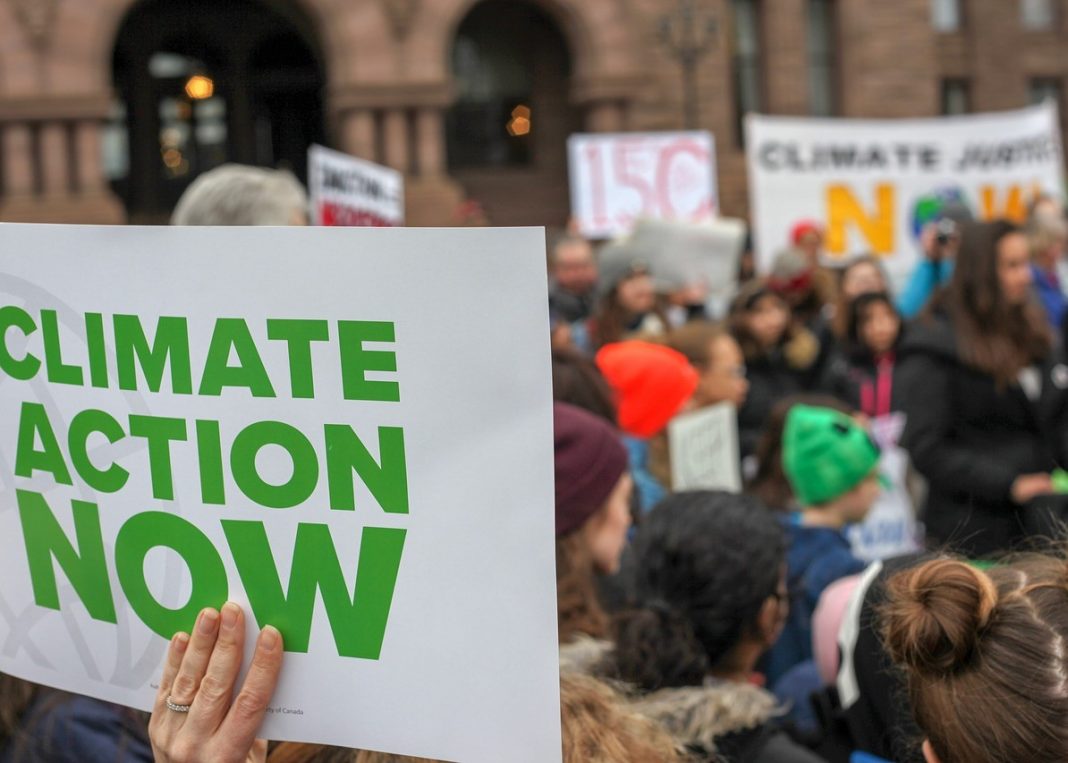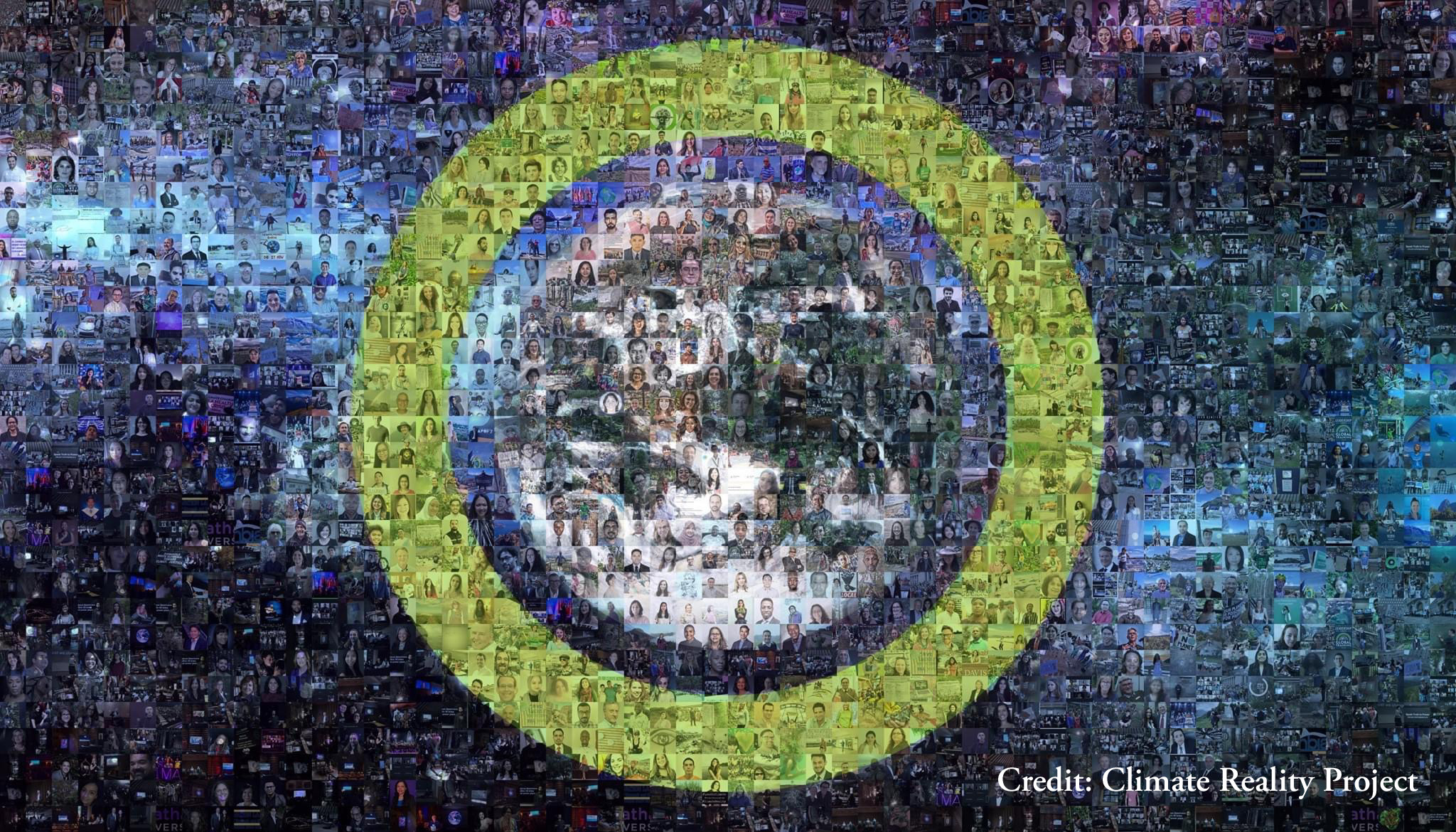Climate action has come a long way over the years. Today the global climate movement is massive. It has grown in size, strength and credibility but this wasn’t always the case. The movement as a whole has seen its ups and downs. There have been tremendous strides in climate science and data as well as some crushing blows with the increase of misinformation, election of unqualified officials, and widespread climate change denial propaganda.
In 1896, Svante Arrhenius, a Swedish scientist, was the first to suggest that an increase in greenhouse gases could lead to an increase in the Earth’s surface temperature. Fast forward to 1970 when the environmental movement came together to create the first ever Earth Day. Today, climate activism is more than just a niche of the whole environmental movement. It’s all over the media, argued at presidential debates and part of our daily conversations around the world. The research on the topics of climate change are incredibly robust and thorough. With such overwhelming consensus across the scientific community that human activity has caused an increase in global temperatures, it begs the question; why are people still denying the climate movement? The answer may lay in an examination of our communication techniques.
The climate movement is very heavy on data and numbers. When speaking with someone about climate change, facts and figures are bound to come up and that may be a mistake if not presented correctly. A plethora of research and studies have already proven how real and pressing the issue is. Pushing more scientific figures won’t change the minds of climate deniers, and it might even make them more resistant.
Some people even go so far as to claim that climate change is a hoax or they don’t believe in it. Science is not a religion, a country, a political party, or a company. To say you don’t believe in science isn’t logical and that statement has no merit. The only valid response to science you don’t agree with is more peer-reviewed evidence-based science that contradicts the original findings.
So when you seem to have all the facts in the world and still can’t get through to someone, what can you do? I suggest making it personal. Get to know your audience on a deeper level. Earning someone’s trust is much more valuable than pushing facts. Don’t start the conversation by trying to prove them wrong – they will just become defensive. Try telling a personal story, one that others can relate to. Talk about foods you enjoy, then shift the conversation to global food shortages. Talk about a place you’ve both visited, then shift to how the changing climate is negatively affecting that place. Talk about pets you have or animals you love, then shift to biodiversity loss. Focus on the overarching similarities that bring us together. Try to communicate not as Democrats or Republicans but as Americans. Not environmentalists or capitalists but as engaged citizens. Not conservationists or hunters but lovers of the outdoors and nature.
These types of conversations are critical to have but can get uncomfortable or heated at times. The basic principles of behavioral science and psychology are easy to apply. Know what could be conceived as a trigger word. For example, asking someone “Why are you doing that?” sounds accusatory. Asking someone “How are you doing that?” sounds inviting. It gives the individual a chance to act as a teacher. Focus on listening rather than dispensing an argument. A hot topic debate can cool down quickly just by giving everyone an opportunity to be heard. Also admit when you’re wrong and have humility. There’s an old saying that “You may not remember what someone did or said but you’ll always remember how they made you feel.” For the climate movement, this means someone probably won’t remember you told them that 19 of the last 20 years have been the hottest on record but they will remember if you weren’t on their side.
The last thing we need is for the climate movement to become a monolithic insular group that isolates itself to the point where it only resonates with those who are already doing their part. Climate action must be inclusive, collaborative, and focused on the bottom line of achieving a healthier and more balanced planet for all. To accomplish this, we need to have the difficult conversations that may lead to profound change. Consider analyzing your own methods of communication and find what works best for you. I’m proud to do what I can to help and support the climate movement and I hope you do the same.






